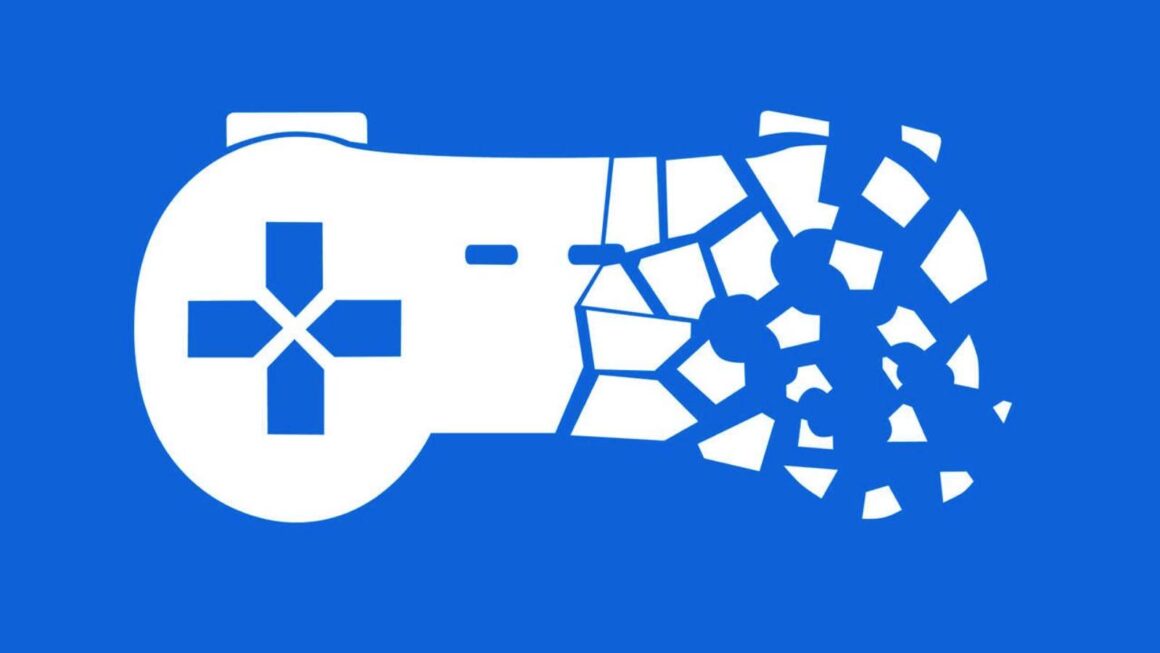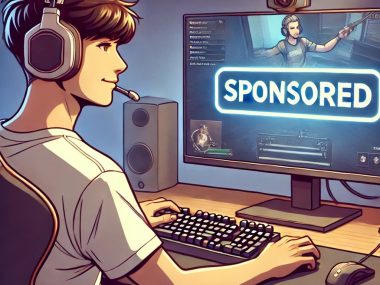What Happens When a Game You Paid For Disappears?
The Stop Killing Games (SKG) movement has been buried under infighting among gamers, misinformation, and pushback from the industry. The real issue at the heart of the movement is simple: What happens when a video game you legally purchased just…disappears?
That’s not a hypothetical question. It’s already happening as online-only games are shut down without a way to play them offline. And for many players, it’s a glaring sign of how out of touch the gaming industry is. Companies get to write the rules, revoke access, and erase digital games at will, all while the law struggles to keep up.
How The Movement Began
The SKG movement got its start in 2024, after Ubisoft shut down the servers for The Crew. It was a racing game that always required an internet connection, even though it was mostly single-player. Once the servers went offline, the game became completely unplayable. Worse, Ubisoft began revoking licenses from players who had already purchased it, which prevented them from installing it.
YouTuber Ross Scott helped start the movement by creating a website and advocating for giving players the option to preserve video games after their official support ends. He’s been critical of games as a service, since you don’t actually own the games you purchase and these types of games are vulnerable to disappearing forever. If publishers can pull access to their games without offering a workaround, what exactly are people paying for?
What the Movement Wants (and What It Doesn’t)
The Stop Killing Games movement isn’t calling for infinite support or server uptime. Developers shouldn’t be chained to their old projects until the end of time. What it wants is the option for players to preserve the games they paid for. Not on the industry’s terms but their own. Its main demands include:
- A way to keep playing after official servers go down. That could mean adding an offline mode, or allow players to preserve the game on community-run servers.
- Clear ownership rights so that players who buy a game can keep playing it, even after official support ends.
- No stealth shutdowns. If a game is going to become unplayable, consumers deserve full transparency up front.
- Real legislative protection so that online games are treated with the same care and permanence as physical ones.
This is especially crucial in the era of always-online games, where server shutdowns makes the game inaccessible. Without legal protections, publishers can take down your purchase and still keep your money.
Why Publishers and Devs Are Pushing Back
Predictably, not everyone’s thrilled with what SKG is proposing. Publishers and some developers have raised concerns; some fair, some less so.
Technical and Financial Strain
Many online games were never designed with offline modes in mind. Reworking them to function without servers could take months of coding or might not be viable at all. For indie studios and live-service games in particular, that’s a lot to ask from them. Critics argue that SKG underestimates just how expensive and difficult preservation actually is.
Creative and Operational Control
There’s also pushback over autonomy. Some devs feel SKG’s demands could force them to disclose long-term plans or build features purely to satisfy future-proofing laws. The fear is that preserving older titles could come at the cost of innovation or freedom in developing new ones.
Legal and Licensing Gray Areas
Ownership is another issue at play here. When you’re buying an online game, what you’re actually paying for is a license to play it. That means companies retain the right to modify or revoke access at any time. Whether that’s ethical is another story, but the law is mostly on the publishers’ side. SKG’s push for permanence is seen by critics as incompatible with how software licensing works today.
A Divided Fight
Unfortunately, publishers and the status quo haven’t been the only things SKG has been fighting over.
Infighting and misinformation have left some gamers confused on what exactly SKG is advocating for. High-profile arguments between SKG supporters and developers like Pirate Software have only made things worse for the movement.
What could have been a unified front around consumer rights has instead become a lightning rod for bad-faith arguments and nitpicking. Still, beneath the noise, the problem remains. Publishers are rewriting what it means to own the games we play, and consumers are paying the price both literally and figuratively.
The Risks of Doing Nothing
If the gaming industry continues to shift toward digital-only releases, this fight has to happen. Because what SKG is highlighting is a digital consumer rights problem. Without change, we’re heading toward a future where:
- Single-player games can vanish overnight
- Players can lose access to the games they paid for without recourse
- More gamers decide to turn to piracy as a means to preserve video games.
Even if you’ve never heard of The Crew, or don’t play online games, the implications are massive. Games don’t have to live forever. The people who paid for them should at least have the choice to keep them alive.
The Stop Killing Games movement isn’t about punishing devs or halting progress. It’s about giving players the same respect and autonomy that publishers expect for themselves. A fair deal, for both sides.






